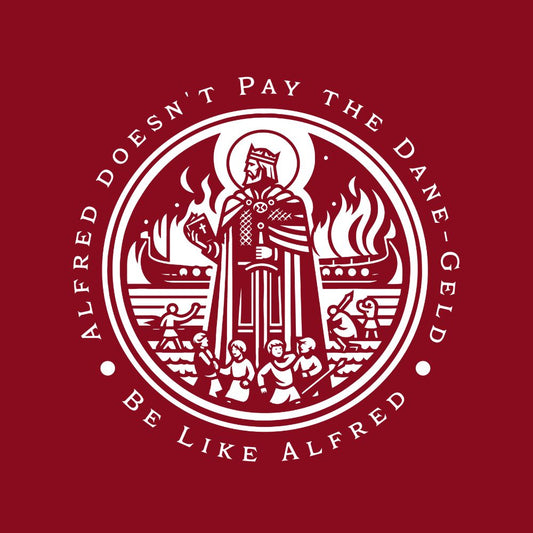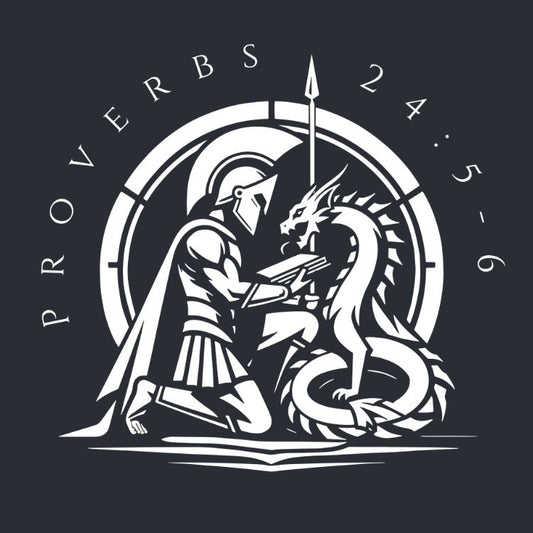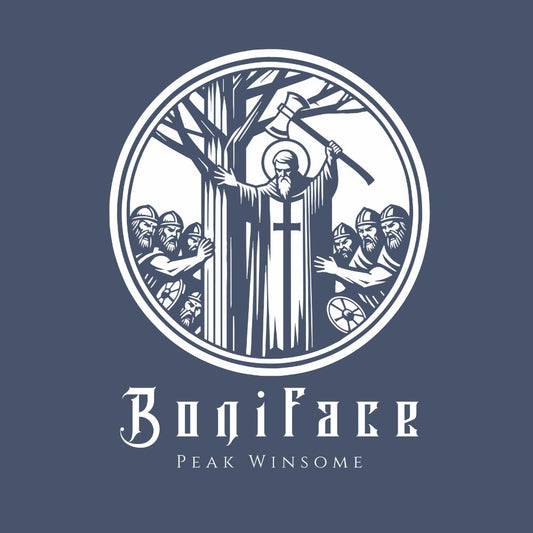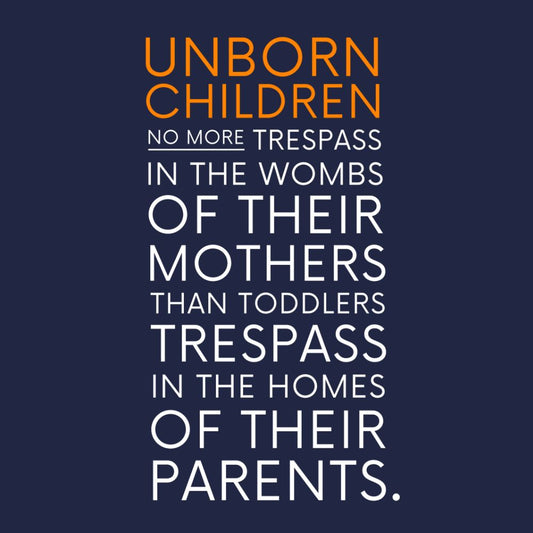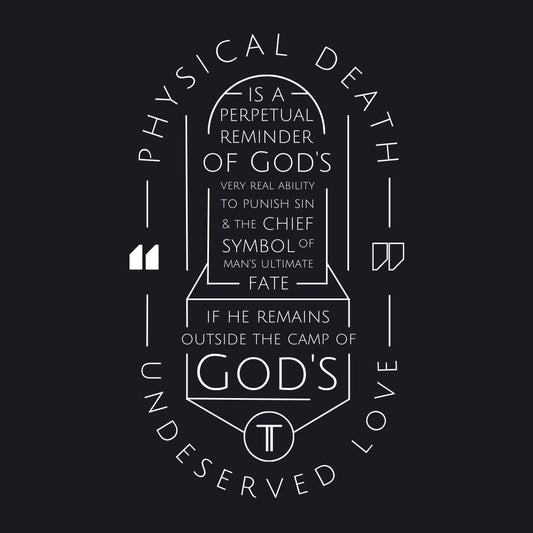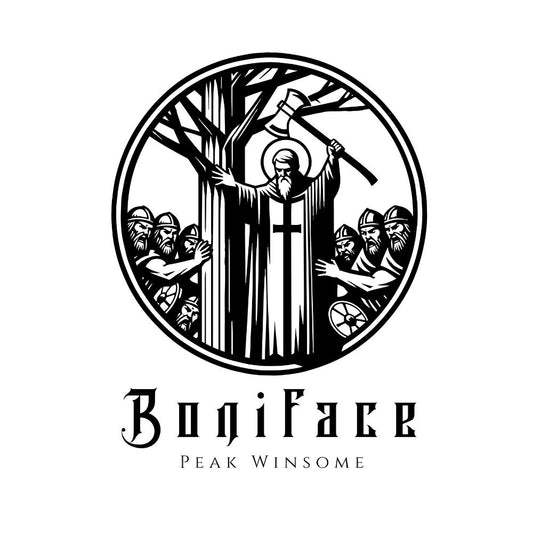
Reformed Christian Apparel | Blog
Not all truths are equally worth telling. Some deserve a megaphone, and some even deserve a spot on your chest. At Tellable Truths, our store is brimming with pithy and deep words situated on comfortable clothes, and our blog is littered with thoughtful prose on radical things like God, culture, and purpose.
Featured products
-
What Saving the World Looks Like
Regular price $28.00 USDRegular priceUnit price / per -
Alfred the Great | Don't Pay the Dane-Geld
Regular price $28.00 USDRegular priceUnit price / per -
Warrior-Scholar Shirt | Thucydides Quote
Regular price From $25.00 USDRegular priceUnit price / per -
Boniface | Peak Winsome
Regular price $28.00 USDRegular priceUnit price / per
Westminster Shorter Shirts
-
Chief End of Man Shirt | Westminster Shorter Q1
Regular price $28.00 USDRegular priceUnit price / per -
Word of God Shirt | Westminster Shorter Q2
Regular price $28.00 USDRegular priceUnit price / per -
The Scriptures | Westminster Shorter Q3
Regular price $28.00 USDRegular priceUnit price / per -
What is God? Shirt | Westminster Shorter Q4
Regular price $28.00 USDRegular priceUnit price / per
Worldview Collection
-
Children are Treasures | Worldview Collection
Regular price $28.00 USDRegular priceUnit price / per -
Unborn Children | Worldview Collection
Regular price From $18.00 USDRegular priceUnit price / per$21.00 USDSale price From $18.00 USDSale -
Not a Socialist | Worldview Collection
Regular price $28.00 USDRegular priceUnit price / per -
What is Death? | Worldview Collection
Regular price From $21.00 USDRegular priceUnit price / per
Hoodies for the Faithful

Boniface | Peak Winsome Hoodie
The Megaphone [Blog]
View all-
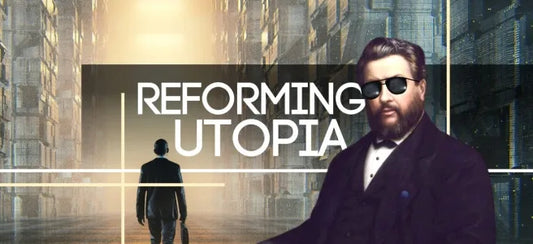
Reforming Utopia | A Christian Perspective on t...
Our history is a wasteland of sparkling and lofty dreams sabotaged by men in the mirror. But does it have to be that way? Is Utopia possible?
Reforming Utopia | A Christian Perspective on t...
Our history is a wasteland of sparkling and lofty dreams sabotaged by men in the mirror. But does it have to be that way? Is Utopia possible?
-
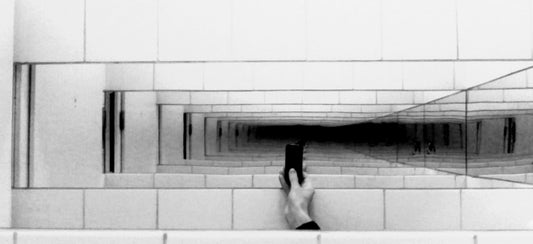
Why Does Anything Exist?
What could stand at the beginning and at the end, behind the veil of the present? Who is responsible for eternity in the mirror? And who can see it’s end?
Why Does Anything Exist?
What could stand at the beginning and at the end, behind the veil of the present? Who is responsible for eternity in the mirror? And who can see it’s end?
-
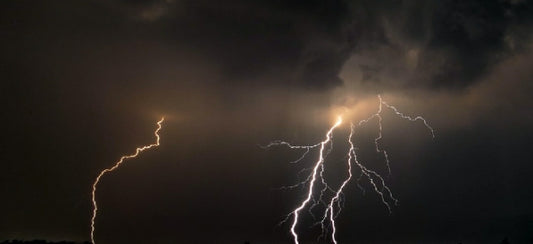
Natural Evil and God's Sovereignty
Pain is real. Babies are born still. Tsunamis don’t discriminate. Nightmares come alive. If God is in control, why does this happen?
Natural Evil and God's Sovereignty
Pain is real. Babies are born still. Tsunamis don’t discriminate. Nightmares come alive. If God is in control, why does this happen?

Alfred the Great Shirt
Embrace the indomitable spirit of Alfred the Great with this distinct t-shirt, a tribute to the Saxon king who masterfully balanced the sword and Scripture.




